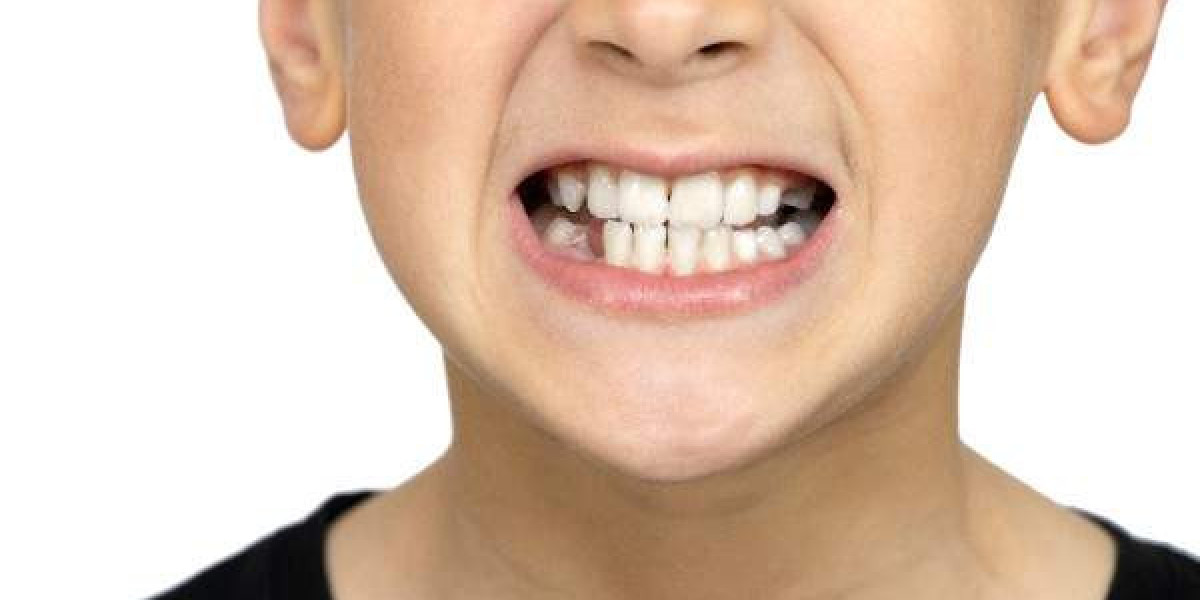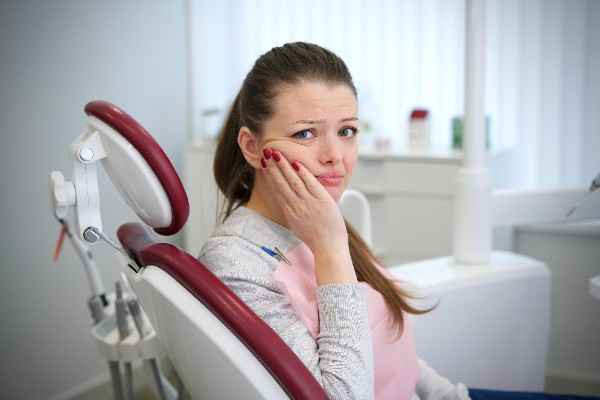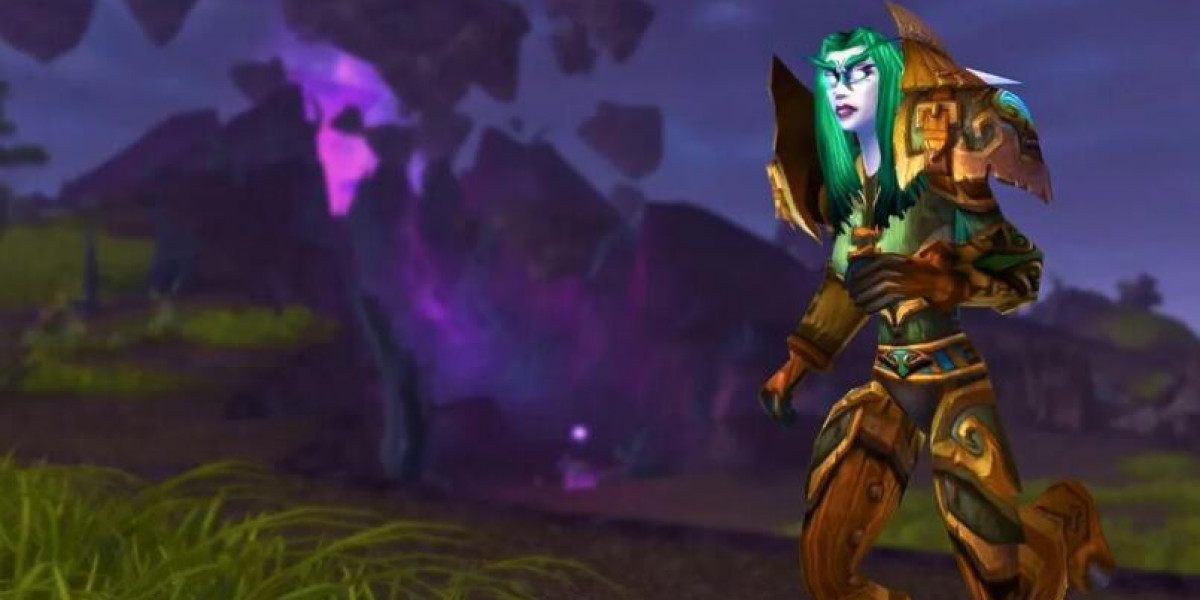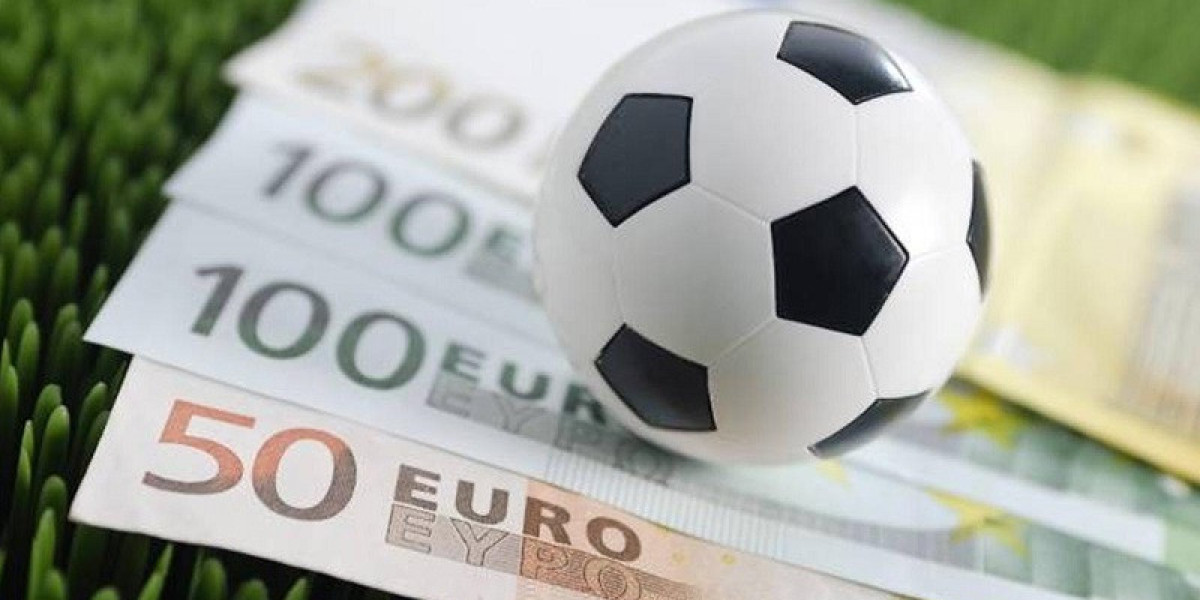We've all had those unexpected kitchen mishaps—maybe you were distracted mid-bite, or it was a poorly timed forkful of food. One minute you're enjoying your meal, and the next, you’ve chomped down hard on metal. If you’ve recently bitten your fork by accident and felt that immediate, sharp pain in your tooth, you’re not alone. Dental injuries from biting utensils are more common than most people think, and they can lead to more serious problems if ignored.In Oldham, there are reliable steps and services to help assess and fix dental issues caused by such accidents. This blog will walk you through what you need to check after biting a fork, how to know if you’ve done serious damage, and where to get timely professional care in Oldham to avoid long-term complications.
What Happens When You Bite a Fork?
While your teeth are impressively strong especially your molars and premolars they're not invincible. Human enamel, though the hardest tissue in your body, is still prone to chipping or cracking under sudden force or if impacted at the wrong angle. A fork, being made of hard metal, creates the perfect storm for potential damage if your bite is too strong or misaligned.
The most common dental issues caused by biting down on a fork include:
- Minor enamel wear or chips
- Cracked or fractured teeth
- Tooth sensitivity or nerve damage
- Dislodged fillings or crowns
- Jaw discomfort or tension from the sudden impact
Signs That You’ve Damaged a Tooth
Immediately after biting your fork, you may experience a sharp, sudden pain. That might fade quickly but don’t be fooled into thinking everything’s fine. Dental trauma can reveal itself gradually. Here are some tell-tale signs that you may need professional dental attention:
- Persistent toothache or throbbing
- Sharp pain when eating or drinking, especially hot or cold items
- Visible cracks or chips on your teeth
- Swelling in the gums or cheek near the injured tooth
- Bleeding or gum tenderness around the affected area
Ignoring these symptoms can lead to infections or further structural damage to your tooth. That’s why it’s essential to act quickly and have your injury examined by a professional.
First Steps After a Fork Bite Injury
Before rushing to conclusions, take a moment to evaluate the situation:
- Rinse your mouth with warm water to clear any debris and check for bleeding.
- Check in a mirror if there are visible cracks, chips, or bleeding near your tooth or gums.
- Avoid chewing on the affected side until you’ve seen a dentist.
- Apply a cold compress externally if there’s swelling or pain in your cheek or jaw.
- Take over-the-counter pain relief if necessary, but avoid aspirin if there’s bleeding.
If you notice any of the symptoms listed earlier or if the pain worsens within a few hours it’s time to seek help from a dental professional.
Who to Call in Oldham for Emergency Dental Help
A cracked or chipped tooth needs prompt evaluation to avoid further complications like infection, nerve exposure, or abscess formation. Fortunately, if you’re in Oldham, you have quick access to an emergency dentist in Oldham who can handle urgent cases like this.
Emergency dentists are equipped to deal with trauma-related cases, including:
- Dental x-rays to assess internal damage
- Immediate fillings or temporary repairs
- Tooth stabilization
- Pain relief and inflammation control
It’s essential not to delay. The sooner you get the damage assessed, the more options your dentist will have for saving or repairing your tooth without needing more invasive procedures like root canals or extractions.
Preventing Further Damage: Avoid These Common Mistakes
Many people unknowingly make the situation worse by trying to “tough it out” or continue eating normally. After a fork injury, avoid:
- Chewing on the injured side – This puts extra pressure on an already weakened tooth.
- Drinking very hot or cold beverages – These can trigger painful sensitivity.
- Brushing aggressively – It may irritate gums or cause more enamel loss.
- Skipping dental visits – Waiting too long could mean a simple crack becomes a more serious fracture.
By following a gentle oral routine and opting for soft foods until you see a dentist, you can reduce the risk of further injury.
Don't Forget the Hygiene Angle
Injuring your tooth on a fork can cause micro-cuts or trauma to the gums. This makes your mouth more vulnerable to bacterial infections, especially if you’re not maintaining proper oral hygiene. It’s also a good opportunity to reassess your oral care routine and schedule a professional cleaning.
A skilled hygienist in Oldham can help remove plaque and bacteria that could complicate an already sensitive area. Hygienists also screen for early signs of gum disease or infection, which might be triggered by trauma-related inflammation.
Routine visits to a dental hygienist can:
- Keep your mouth in optimal health post-injury
- Prevent infections in minor cuts or gum abrasions
- Improve gum strength and resilience
- Enhance healing with guided care and products
Even if your tooth wasn’t severely damaged, maintaining a clean environment in your mouth is crucial for recovery.
How Your Dentist Will Treat a Fork Bite Injury
Treatment depends on the extent of damage and symptoms you report. Here’s what you can typically expect during your dental visit in Oldham:
1. Dental Exam and X-Ray
Your dentist will perform a visual examination and may take X-rays to assess any underlying structural issues.
2. Temporary or Permanent Repair
Minor chips may be smoothed or filled with composite resin. Larger cracks may need crowns, veneers, or even root canal therapy if the pulp is affected.
3. Bite Adjustment
If your fork-bite resulted from a misaligned bite, your dentist might recommend a bite correction to prevent future incidents.
4. Pain and Sensitivity Management
If you’re experiencing prolonged sensitivity, your dentist may apply desensitizing agents or fluoride treatments.
When to Seek Emergency Dental Help Immediately
While not all fork bites need urgent dental care, certain signs should prompt immediate action:
- Tooth pain that keeps you awake at night
- A cracked tooth with visible dark lines or bleeding
- Swelling in your cheek or jaw
- Fever or foul-smelling breath (a sign of infection)
- Difficulty chewing or speaking
If you experience any of the above, call your nearest emergency dentist in Oldham immediately. Delaying could result in permanent damage or more complex treatment later.

Conclusion
Biting a fork may seem like a minor accident, but it can have major implications for your dental health if not addressed properly. Whether you’ve chipped a tooth, irritated your gums, or are simply unsure of the extent of the damage, don’t leave it to chance. Oldham residents have reliable access to emergency dental services and hygienists who can not only treat the issue but also prevent future problems. Take action early, prioritize your oral health, and seek professional support to keep your smile safe and strong.For trusted care and prompt attention, you can rely on EDA Group your go-to dental care provider in Oldham.




